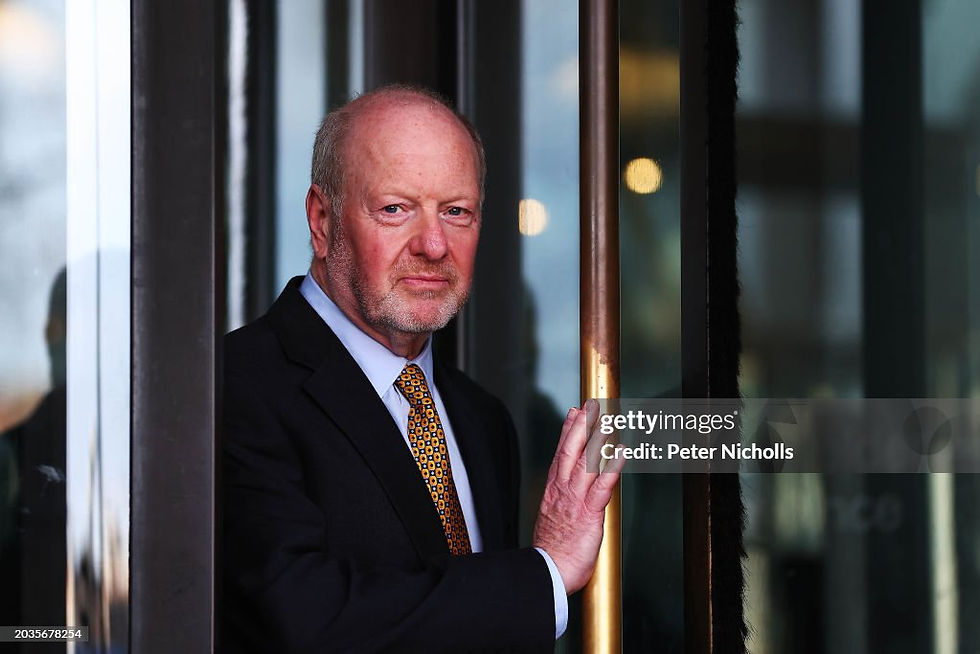Sunak urges unity - Does this mean a change to how we protest?
- Andrew Wilkinson
- Mar 2, 2024
- 2 min read
Updated: May 4, 2024

In recent days, Rishi Sunak, the UK's Prime Minister, has expressed concern about the perceived threats to British democracy, citing incidents of intimidation, threats, and violence. He specifically mentioned the election of George Galloway, a pro-Palestinian MP, and accused him of downplaying the Hamas attacks on Israel and suggested that it was ‘beyond alarming’ that voters in Rochdale had voted for a candidate that dismissed the events of October 7th in Israel. Sunak also claimed that parliamentary conventions were disrupted due to safety concerns, and he highlighted the influence of both Islamist extremists and far-right groups in undermining the nation's unity and has suggested that the UK’s streets have been “hijacked” by people “hostile” to British values.
In response to the protests related to the Israeli-Palestinian conflict, Sunak urged for peaceful demonstrations, expressing worries about extremists hijacking the marches. He argued for the importance of maintaining democratic values and unity, emphasizing the need to draw a line between passionate but peaceful protests and calls for violence or the eradication of a state. James Cleverley, the Home Secretary, has even gone so far as to suggest that protesters have made their point and would be better served to cease their actions. Sir Kier Starmer, the leader of the Labour Party, appears to agree with the sentiments expressed by the Prime Minister and suggests the PM was right to ‘advocate unity and to condemn the unacceptable and intimidatory behaviour that we have seen recently’.
Some have criticised Sunak's statements, with some accusing him of exaggerating the issue and targeting peaceful protesters. George Galloway, in particular, accused Sunak of using the Muslim population as a "whipping boy" and attempting to portray peaceful demonstrations as violent mobs. Sir Ed Davey, the leader of the Liberal Democrats said: "The British people will take no lessons from a prime minister and Conservative party who have sowed the seeds of division for years. SNP MP Alison Thewliss said Mr Sunak had "repeatedly, and very deliberately, sought to stoke up divisions, pander to the far-right and pit communities against each other for electoral gain".
Now, drawing from these points, others have made the argument for the essential role of protests in holding politicians accountable. Protest serves as a crucial avenue for citizens to express dissent, voice concerns, and hold leaders accountable for their actions. In the context of Sunak's warnings, it is evident that protests, even those criticised by politicians, play a significant role in shaping public discourse and challenging political decisions and the voice of the people should be of paramount importance and not subject to the desires of the political class.
Protests provide a platform for citizens to express their grievances, particularly when they feel their democratic values are being threatened or undermined. They act as a visible manifestation of public opinion, forcing politicians to address concerns and potentially reconsider their positions. Sunak's call for peaceful protests itself acknowledges the power of public demonstrations, urging citizens to demonstrate decently and peacefully.





Comments